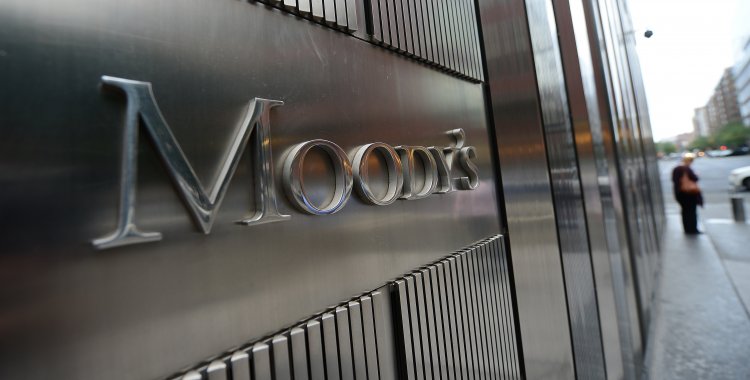"As China is a bilateral partner, financial aid to Angola is not considered a financial default because it only involves commercial debt; between countries we consider this bilateral aid, even if it is between public banks, because it is guaranteed by the state and involves the relationship between states," Aurelien Mali said.
In an interview with Lusa from Dubai, the French analyst who has been following the Angolan economy for years admitted that there is "a lot of opacity" in the loans and doubts about the announcement made by the Chinese president about two weeks ago about debt relief, but explained: "The announcement follows bilateral agreements and meetings between states and, to be very clear, this is not something that we consider a 'default'.
On 19 June, Expansão newspaper reported that Angola had managed to suspend interest payments on its debt for years, which could reach 21.7 billion dollars, with 4.7 billion dollars in official bilateral debt, to which a further 14.6 billion dollars was added to the China Development Bank and 2.4 billion dollars to the Bank of China.
Stressing that "there is still no official confirmation from the government, it is just a newspaper article", Aurelien Mali points out that "what constitutes a 'default' in the light of Moody's criteria is very clear with regard to debt to the private sector, both external and domestic, and even if there are different categories and examples, basically if the creditor receives less than the original contract envisaged, then it is a 'default'".
The lower price of oil and the additional budgetary imbalance caused by the covid-19 pandemic, both in the increase of health spending and in the decrease of tax revenue, forces Angola to talk to creditors, the analyst acknowledges.
"Looking at the external payments that are due this year, knowing that there are no Eurobonds payments before 2025, and taking into account that multilateral loans are long term and low interest, in a context where external payments represent 5.7 billion dollars this year in interest alone, we see that the majority of payments are due to bilateral partners," says Mali.
At the end of 2019, Angola's bilateral debt was 28.6 billion dollars, representing approximately 42 percent of GDP and 65 percent of all foreign debt.
The debt to multilateral financial institutions, such as the International Monetary Fund, World Bank or African Development Bank was 4.2 billion dollars, representing about 9 percent of the external debt, plus 8 billion dollars in Eurobonds and another 4.2 billion dollars in supplier credits, according to Moody's.
For Mali, "the only part of the debt that can be negotiated without major consequences is that of bilateral partners, since the Eurobonds are a complex mechanism, and if they are renegotiated it is a default, and that would be very bad.
Furthermore, he concludes, "multilateral loans are the last line of defence and multilateral financial institutions are even putting more money into the country".







